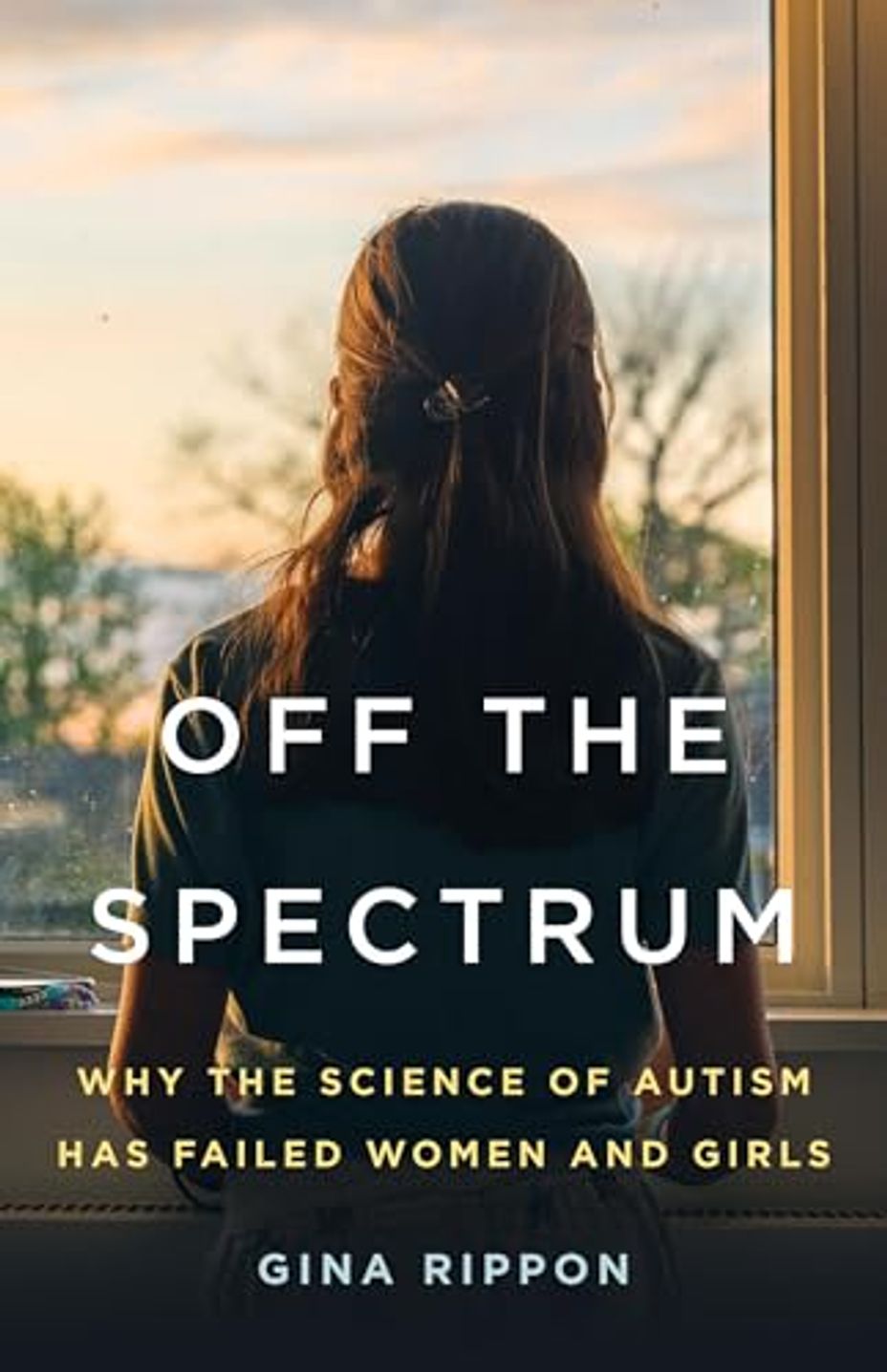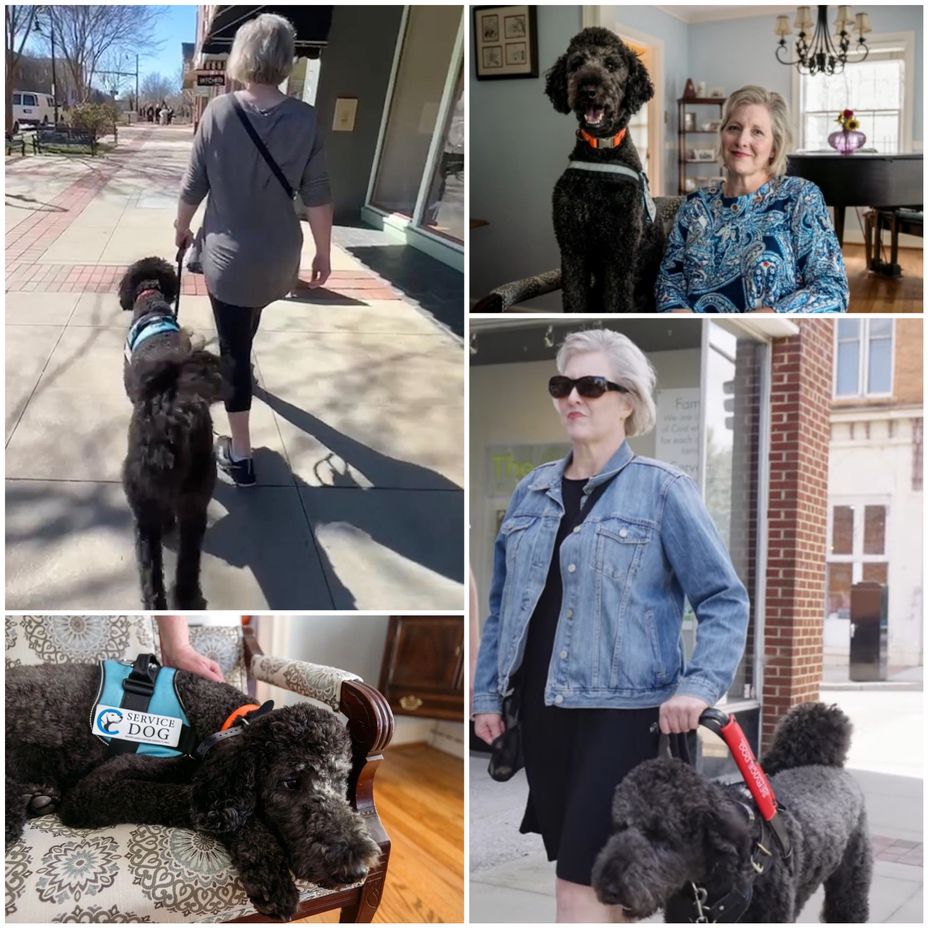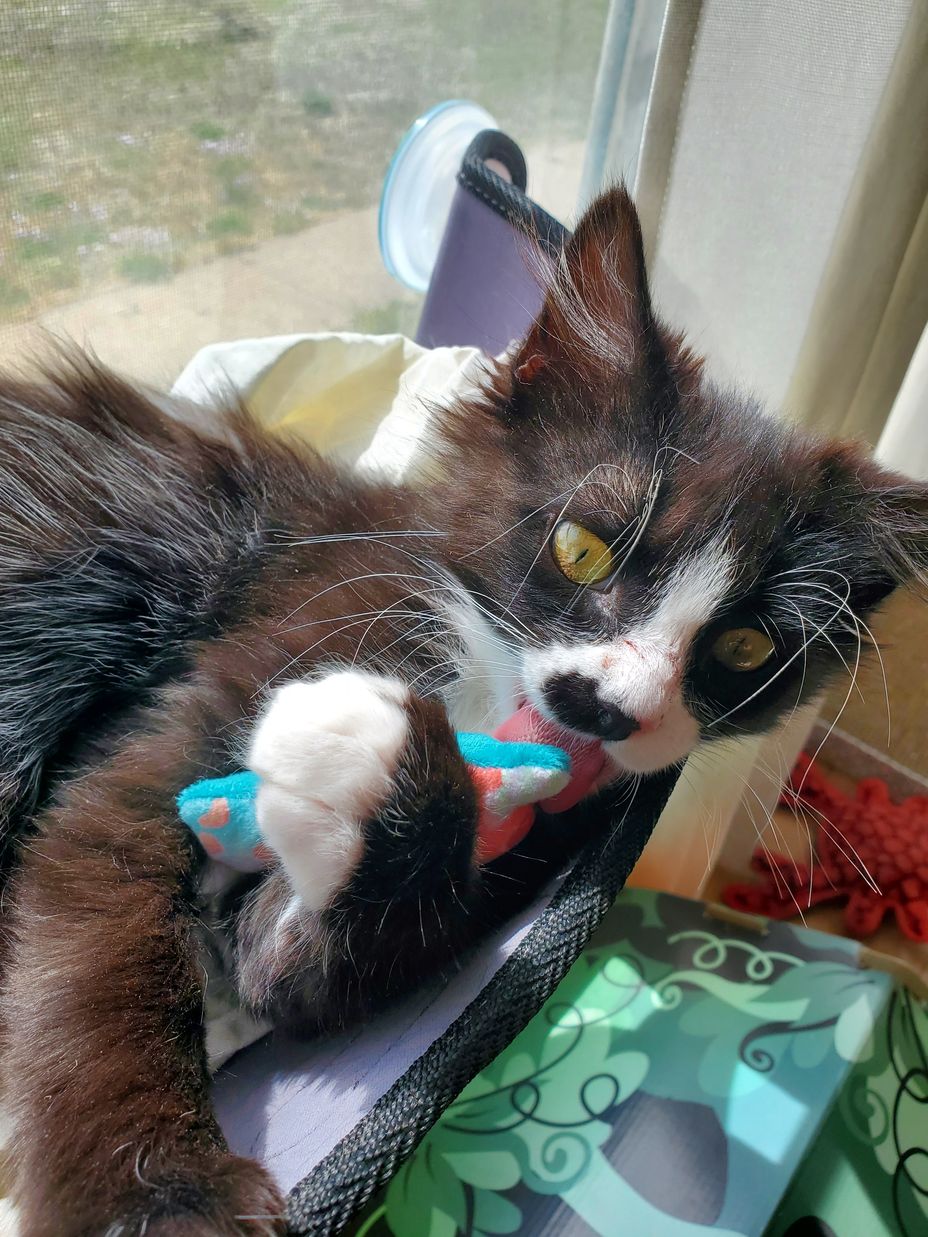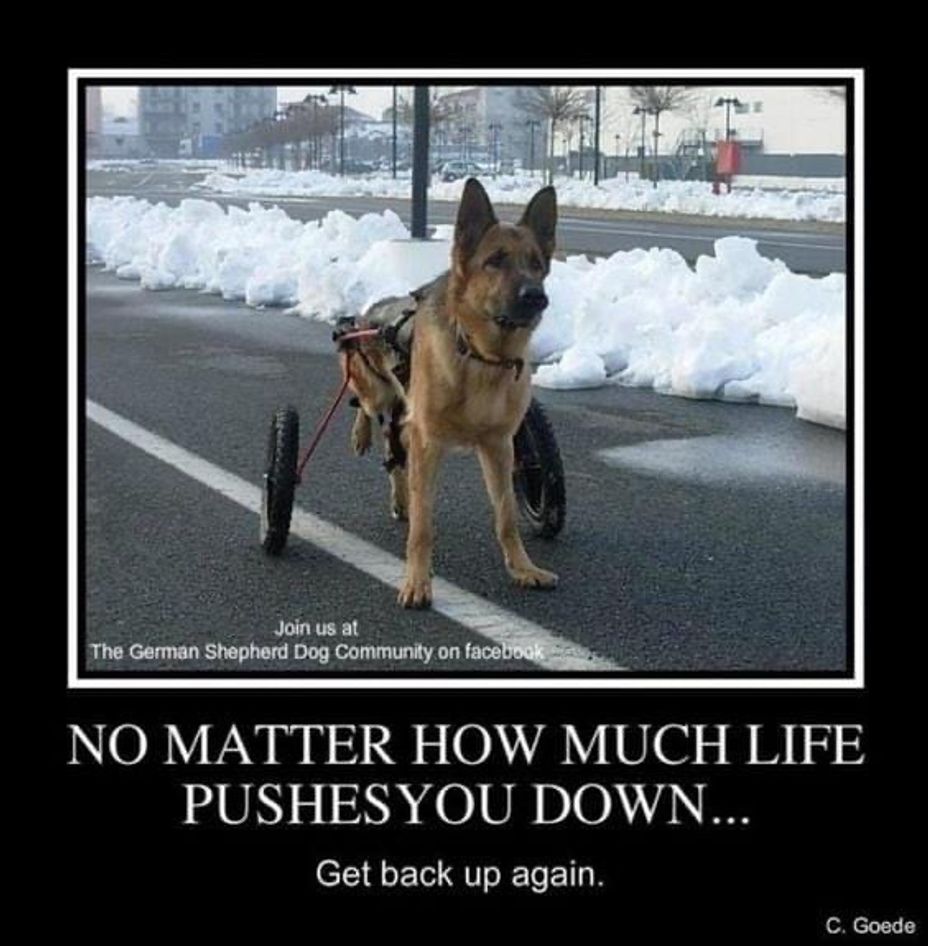When I was in elementary school, I was very shy and I still am to this day. I used to get bullied a lot, and I thought that if I stayed quiet, maybe the bullying would stop. But it didn’t. Because of how quiet I was, some of my teachers told my parents that I might have autism. So my parents decided to get me tested. After the evaluation, the doctor told them that I did not have autism. I had ADHD and a learning disability.
Instead of trying to understand how I learned or helping me in a way that fit my needs, my school decided to hold me back. While my classmates were learning new things in math and science, I was sent to a separate room to relearn the same basic material. I stayed in the same school district from elementary school all the way through high school, and not once did anyone try to figure out what type of learner I was. A learning disability does not mean you cannot learn. It just means you learn in a different way. But instead of taking the time to support me and help me grow, they gave me the same work over and over again. In that way, I believe my school district failed me.
Because of that experience, I now struggle in college. I am constantly trying to catch up and teach myself things I should have learned a long time ago. There are times when I sit in class and feel so far behind. I feel like I am not smart enough to be there. But no one in my school district ever believed I would go to college, so they did not think it was important to teach me. When I got to college, I had to completely change how I thought and how I learned. They say it takes thirty days to reprogram your brain, but my freshman year felt like a wake-up call that hit me hard.
College forced me to step up. I had to put in the work not only to study for my college courses but also to learn the things I was never taught. My days were filled with trying to balance both. I was constantly studying, constantly trying to understand the material, constantly working to prove that I belong here.
This is why believing in yourself is so important. So many people told me that I was not going to get into college. To be honest, I did not even think college was a real option for me until my junior year of high school. My school counselors and special education teachers told me that I should just go to community college and become a dental assistant. But I told myself that I was going to be a dentist. I was going to be a doctor.
Never let anyone tell you what you cannot do. If God put a dream in your heart, that means you have the ability to make it happen. God will never put you in a situation you are not strong enough to handle. You have to believe in yourself and keep going. Overcoming a learning disability is hard, but it is possible. Some days are tough. There are times I feel so discouraged. But I remind myself that I am not the only one struggling. Everyone has challenges. Our situations may be different, but we are all trying to figure it out.
Mindset is everything. I read a quote in a book called Don’t Believe Everything You Think by Joseph Nguyen that says thinking becomes reality. And that stuck with me. College is already difficult, and having a learning disability makes it even harder. But the reason I have made it this far and am now going into my junior year is because I know who I am. I know I deserve to be in college. I know I am smart enough to be here, even if others never saw that in me.
Growing up, I was never good at biology or math. Now I am a biology major. I could study biology all day. I still hate math, and I still struggle with it, but I work hard to understand it the best I can. I stay up all night studying because I want to succeed. My sleep schedule is awful, but I am doing it for my future. I want to be a dentist, and I know I can get there.
Always believe in yourself. Always have faith in your potential. If you can dream it, you can do it!
#learingdisability #ADHD #collegelife #disabilityawareness #MentalHealth #selfbelief #OvercomingObstacles #InvisibleDisability #Neurodiversity #EducationSystem #iamcapable #FutureDentist #StudyStruggles #believeinyourself




